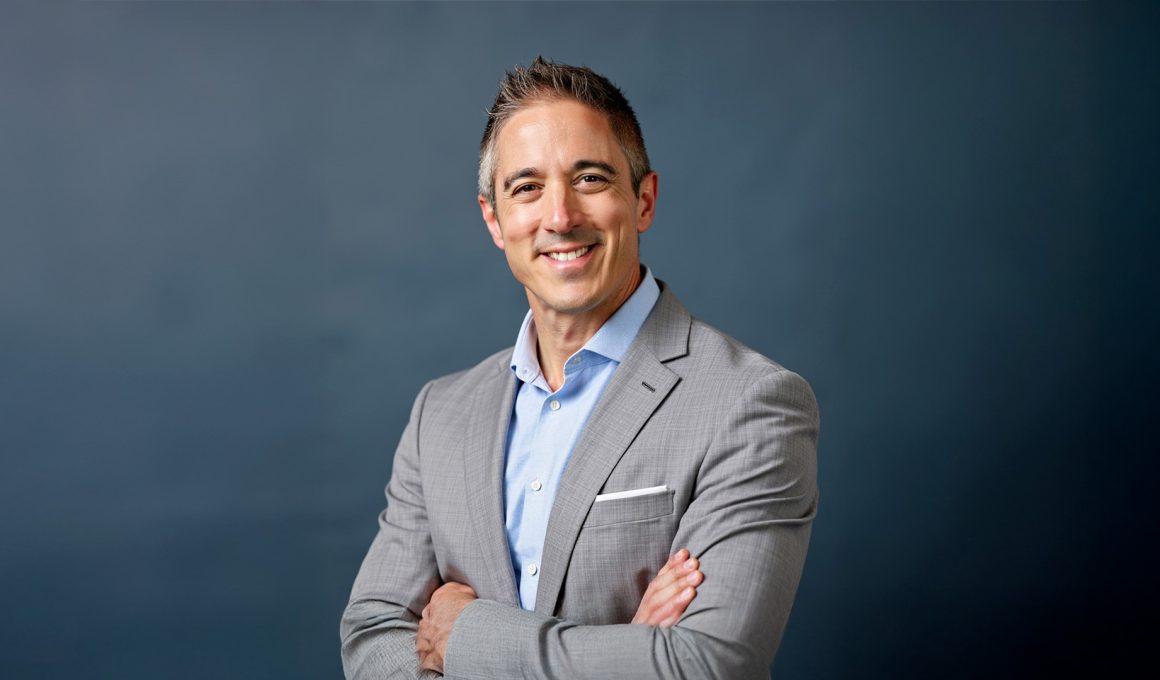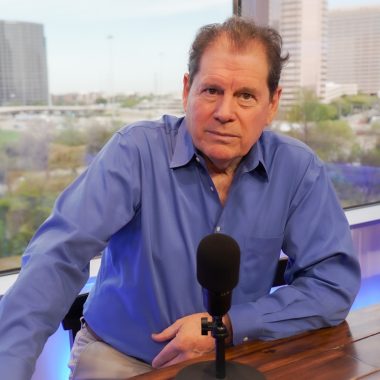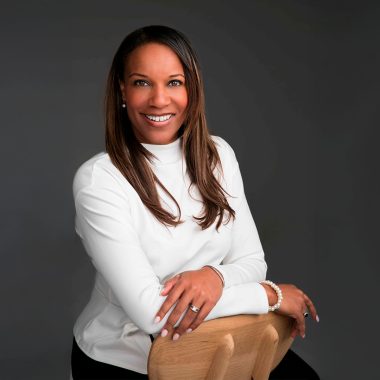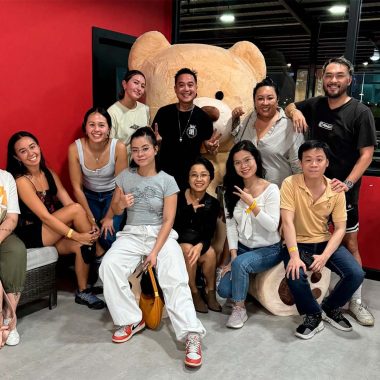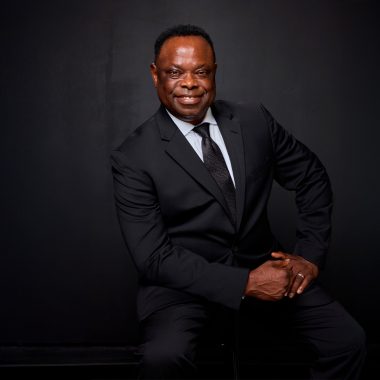Most business leaders today find themselves asking the same question: How do we actually make AI work for our teams without causing chaos? Reading about artificial intelligence in business journals is one thing. Implementing it effectively is a whole different challenge. Noah Boudreaux, Chief Operating Officer at MESH, has been tackling that challenge from two key angles: as someone with a lifelong passion for technology and as an executive responsible for keeping operations running smoothly.
Discovering Technology Through Curiosity
Boudreaux’s journey into AI didn’t begin in a corporate setting. It began in childhood, fueled by curiosity. “Growing up, I was always fascinated with tech. I was one of those kids who would take apart the electronics I got for Christmas just to figure out how they worked,” he says. One moment stands out. Around age 10 or 11, Boudreaux convinced his parents to buy him a programmable robot from the Sears Roebuck catalog. It wasn’t a toy in the usual sense. This one required real coding. “It really opened my eyes. It wasn’t just bells and whistles. You had to learn how to program it,” he explains. That hands-on experience taught him a lasting lesson. Technology isn’t something you just adopt. It takes effort, understanding, and problem-solving.
He went on to study computer science and started his career in computer engineering. Over time, he transitioned into management and leadership, bringing his technical instincts into every room he entered. “A person with a tech background always looks at AI differently,” he notes. “Because they know what’s going on behind the scenes.”
Understanding AI’s Impact on Jobs
Boudreaux is direct when discussing AI and its impact on the workforce. “I do think the roles we see in companies today will change,” he says.
But he’s not pessimistic. Quite the opposite. He believes new opportunities will rise just as quickly as old roles fade. “There’ll be jobs lost, but new ones will be created. The challenge is that those new roles will require different skills,” he explains. He points to what we’re already seeing: layoffs at major companies and restructuring efforts that clearly show AI is having a real effect. “But the people who upskill and stay curious will remain relevant. That’s the difference.”
Jumping In Before It’s Too Late
According to Boudreaux, one of the biggest mistakes companies make is waiting. “A lot of leaders are sitting back, thinking AI will settle down before they get involved,” he says. “They’re waiting for it to plateau. But that mindset doesn’t work. This technology will keep evolving.” His advice is simple. Start small, but start now. He recommends forming internal task forces with three to fifteen people, depending on the size of the company.
“Give your team space to talk about how they’re using AI and where it might fit. Everyone has a different perspective based on their role.” This bottom-up approach makes sense. Different departments need different solutions. What works for marketing might not work for accounting, and a single approach rarely fits all.
Three Practical Implementation Strategies
Boudreaux shares three ways leaders can begin integrating AI into daily operations:
- Cultural Comfort
Help teams get comfortable with AI through training and exploration.
“Like any tool, AI can be counterproductive if people don’t know how to use it. It can hurt performance instead of helping.” - Process Redesign
Use AI to rethink full workflows rather than just fixing isolated issues.
“Give it the full picture—your steps, your industry, and your goals. Let it generate ideas for a better process.” - Documentation Automation
Start with something simple and low-risk, like standard operating procedures.
“Every business needs SOPs, but no one wants to write them. With the right context, AI can help produce them quickly.”
The Bigger Picture
Boudreaux’s perspective on AI’s long-term trajectory was shaped by something he read years ago. “You can’t judge where AI is going based on where it is today,” he says. “Because it’s powered by data. And the more data it has, the faster it evolves.” Companies can approach AI in two ways. Some will use it as an efficiency tool. Others will see it as a path to entirely new possibilities. “Yes, AI can make you 20 to 25 percent more efficient. But the real value is in the opportunities it creates—the doors it can open that don’t exist yet.” That early curiosity, taking apart gadgets just to understand how they worked, has transformed into something far more powerful. Today, Boudreaux advocates AI as a companion in the workforce, not just another tech tool.
Follow Noah Boudreaux on LinkedIn to learn how leaders are making AI work from the inside out.
